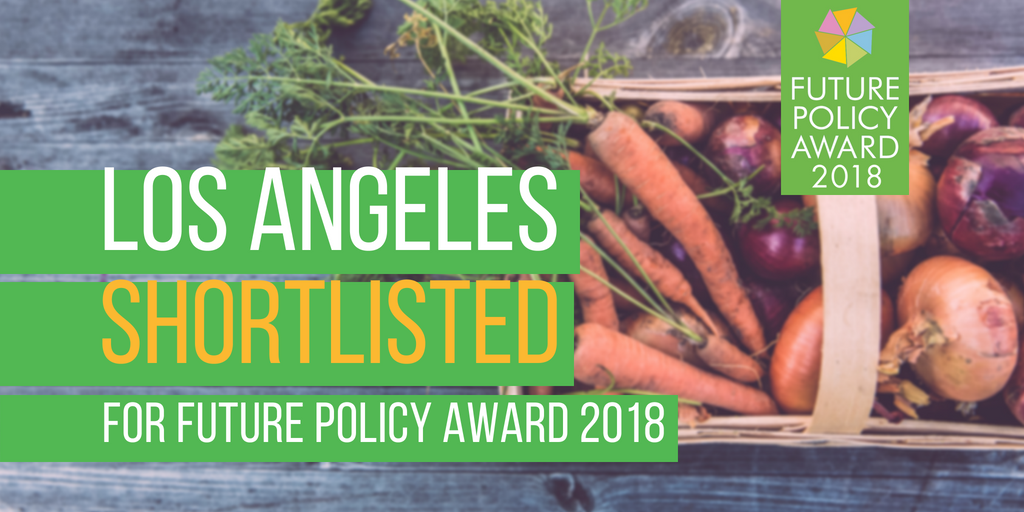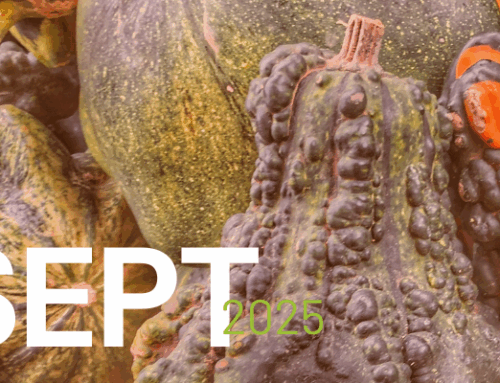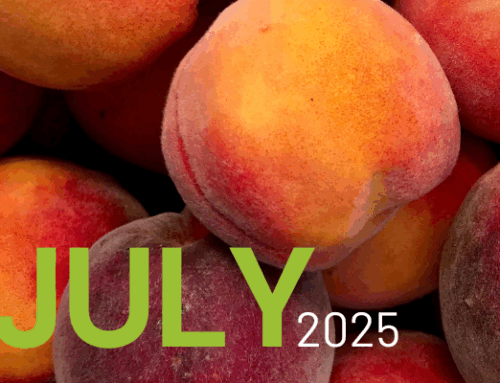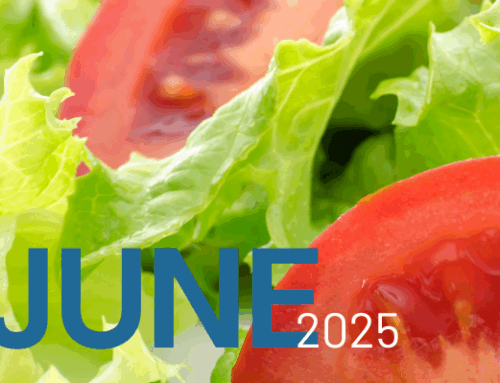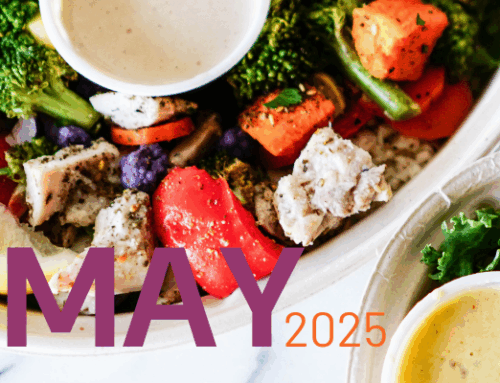Champions in supporting agroecological approaches: Shortlist of Future Policy Award 2018 out now
Best policies promoting agroecological approaches shortlisted for international award include candidates from Brazil, Denmark, Ecuador, India, the Philippines, Senegal, the United States of America, as well as TEEBAgrifood. Recognising that a transition to sustainable food and agriculture systems is crucial to achieve sustainable development and climate resilience, the 2018 Future Policy Award will celebrate policies that create enabling environments that advance such a transition. This year’s award is co-organised by the Food and Agriculture Organization of the United Nations (FAO), the World Future Council (WFC) and IFOAM–Organics International.
Hamburg/Rome, 4 October 2018 – In 2018, the Future Policy Award (FPA) will commend proven policies that effectively scale up agroecological approaches at local, national and international levels. It will celebrate outstanding examples for accelerating the transformative change in the way we produce and consume our food. Since a big part of the current food systems are input and resource-intensive, our environment – soil, water, climate, air quality and biodiversity – continues to degrade. A transition towards sustainable food systems not only leads to healthy nutrition for all and contributes to social and economic equity, but it also tackles global warming as well as conserves biodiversity and the ecosystem services on which agriculture and human well-being depends.
In total, 51 policies from 25 countries were nominated. An international expert jury convened to deliberate on the top candidates. The following have been shortlisted as the world’s best policies in the support to scale up agroecological approaches:
- Brazil: National Policy for Agroecology and Organic Production (PNAPO, 2012)
- Denmark: Organic Action Plan for Denmark: Working together for more organics (2011-2020, updated in 2015)
- Ecuador: Quito’s Participatory Urban Agriculture Programme (AGRUPAR, 2002)
- India: Sikkim’s State Policy on Organic Farming (2004) and Sikkim Organic Mission (2010)
- Philippines: Kauswagan: From Arms to Farms Programme (2010)
- Senegal: Ndiob’s vision to become a green and resilient municipality (2014) and its Agriculture Development Programme (2017)
- United States of America: Los Angeles’ Good Food Purchasing Policy (2012)
- UN Environment: TEEBAgriFood – The Economics of Ecosystems and Biodiversity for Agriculture and Food Evaluation Framework, 2018.
Additional information on each policy can be found here
With their holistic approach and impressive impact, these eight legal frameworks and policies create enabling environments for the implementation of agroecology, help achieve the ambitions of the 2030 Agenda and contribute directly to multiple Sustainable Development Goals. They aim at protecting the life and livelihoods of smallholders and family farmers, ensuring sustainable and inclusive food systems, and implementing sustainable agricultural practices that help conserve and enhance natural resources and strengthen capacity for adaptation to climate change and contribute to mitigation.
Winners of this year’s Future Policy Award will be announced on 12 October 2018 and celebrated during World Food Week in a ceremony on 15 October 2018 at FAO headquarters in Rome. You are warmly invited to join the Future Policy Award 2018 Ceremony in person. Please register here by 7th October 2018. The event will be webcast live.
The Future Policy Award 2018 is co-organised by the Food and Agriculture Organization of the United Nations (FAO), the World Future Council and IFOAM – Organics International, with the support of Green Cross International, DO-IT – Dutch Organic International Trade and Sekem Group, Egypt.
Maria Helena Semedo, FAO Deputy Director-General, states: “Agroecology is a key pathway to support the transition towards healthier and more sustainable food systems. The selected policies are outstanding examples featuring important agroecological elements that support such transitions. Leadership and political will are key to achieve them. FAO encourages such leadership and is committed to join hands to accelerate the needed transformation.”
“Unsustainable land use threatens our environment and human well-being. We must act before it is too late. But there is hope: these eight policy solutions show how we can effectively transform our agriculture and food systems. The World Future Council is looking forward to celebrating the best policies advancing agroecology in the interest of future generations, and to sharing their success stories. We can – and should – learn from them how to shape food systems so that every human being can benefit without harming Mother Nature,’’ says Alexandra Wandel, Director of the World Future Council.
“The potential of agroecology to achieve healthy nutrition for all and to address social injustice, climate change and biodiversity loss has been internationally recognised”, notes Peggy Miars, World Board President of IFOAM – Organics International. “These shortlisted policies underline that policymakers in all corners of the world have heard the alarm bell ringing and took the urgently needed action. Let’s highlight and reward these impactful policies!”
United States of America: Los Angeles’ Good Food Purchasing Policy (2012)
Adopted first by the city of Los Angeles city in 2012, the Good Food Purchasing Programme creates a transparent supply chain and helps institutions to measure and then make shifts in their food purchases. It is the first procurement model to support five food system values – local economies, environmental sustainability, valued workforce, animal welfare and nutrition – in equal measure. Within just six years, the Programme has achieved an impressive impact: since 2012, it has been mandatory for all city departments of Los Angeles and for the L.A. Unified School District (LAUSD), which together serve about 750,000 meals a day and have an annual budget of USD 185 million for food. For instance, it achieved that LAUSD has reduced its purchases of all industrially produced meat by 32 per cent, reducing its carbon and water footprint by 20 per cent and 20.5 per cent per meal respectively, that in just a few years the environmentally sustainable purchases of four institutions (including LAUSD) increased by 3.3 per cent and now an additional USD 4.3 million per year goes to environmentally sustainable producers, and that the same four institutions now purchase an additional USD 4.4 million annually from smallholders. The Program has set off a nationwide movement to establish similar policies in localities small and large, and inspired the creation of the Center for Good Food Purchasing, an NGO which now owns and manages the program, as well as its expansion across the United States. By now 27 public institutions in 14 U.S. cities are enrolled, which collectively spend nearly USD 895 million on food each year.
